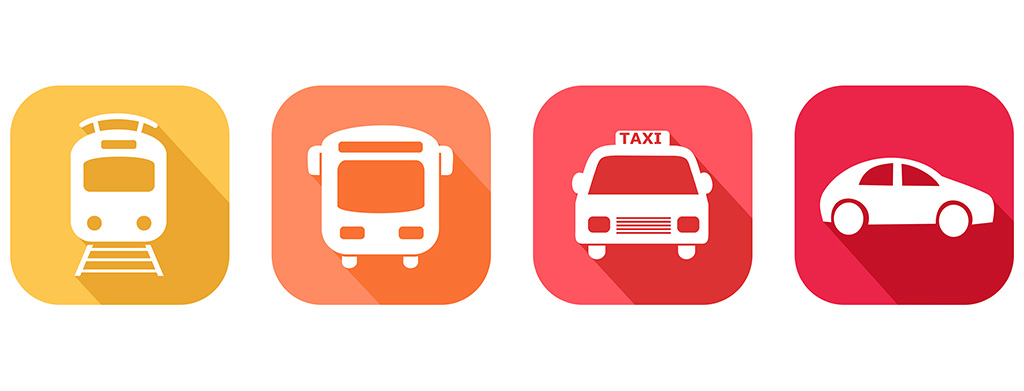
As the Minnesota Legislature builds Minnesota’s state budget for the next two years, the Minnesota Council on Disability will create an overview of certain omnibus bills and how the proposals will affect Minnesotans with disabilities.
What’s an Omnibus bill?
Roughly translated, the Latin word “omnibus” means “for all, for everybody.” Learn everything you need to know about omnibus bills and why they are so popular at the Minnesota Legislature.
Senate Transportation Omnibus Bill
Chamber: Senate
Policy Focus: Transportation Finance and Policy
Bill Number: SF 1093
Authors: Senators Newman (chief author); Senjem; Jasinski; Miller; Dahms
Brief Description: This omnibus bill makes policy changes and fiscal appropriations for fiscal years 2020 and 2021 for the Minnesota Department of Transportation (MNDOT), transportation related programs of the Metropolitan Council and the Department of Public Safety.
What We Like
- Article 2. Section 3-4: This language amends the Data Practices Act so that specified data on individuals may be disclosed between the Department of Human Services and the Metropolitan Council to: (1) coordinate Metro Mobility services and services funded by Department of Human Services; and (2) provide for reimbursement of Metro Mobility. This will allow Metro Mobility to provide more effective, efficient, and streamlined services and alleviate future financial pressure.
- Article 2. Section 7: This language prohibits local governing bodies from establishing bikeways on a public road that would eliminate or relocate disability parking.
Where We’re Concerned About
- The bill does not separate the Metro Mobility service from the Metro Council’s General Appropriation, as recommended. Creating a separate line item will allow the Metro Mobility service to be fully funded without compromising other services that are provided throughout the metro area. A comprehensive public, multimodal transportation system with many choices will allow Minnesotans with disabilities to independently traverse our metro area.
- While the Council on Disability is pleased that the bill increases Metro Mobility’s service area into Lakeville, Ramsey, Maple Plain, Forest Lake, and Columbus, funding is not provided to cover the cost of the expansion. The cost is $3.464 million in FY2020-2021 and $3.755 million in FY2022-2023.
- MCD opposes current language which prohibits the testing of automated vehicles in Minnesota and eliminates the ability to operate highly automated vehicles or engage in an automated driving system on a street or highway in the state. Learn how Connected and Automated Vehicles (CAV) can have a positive impact on people with disabilities.
Minnesotans are encouraged to contact their legislators and share their concerns on policy decisions and how it impacts their lives. Find your legislator and contact them.
The Minnesota Council on Disability exists to serve people with disabilities in Minnesota through development of effective policy, training, technical resources and collaborations with public and private stakeholders. Any policy inquires can be directed to Public Policy Director Kody Olson at kody.olson@state.mn.us.